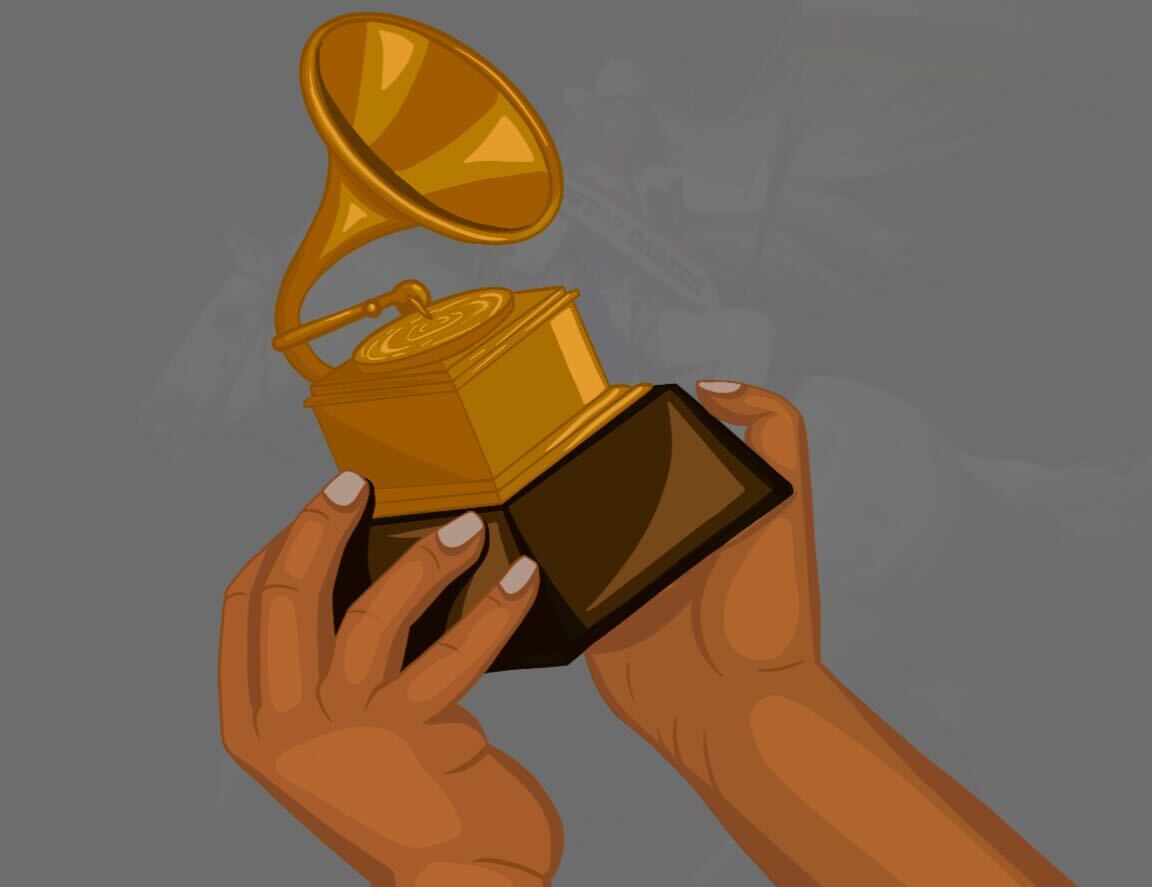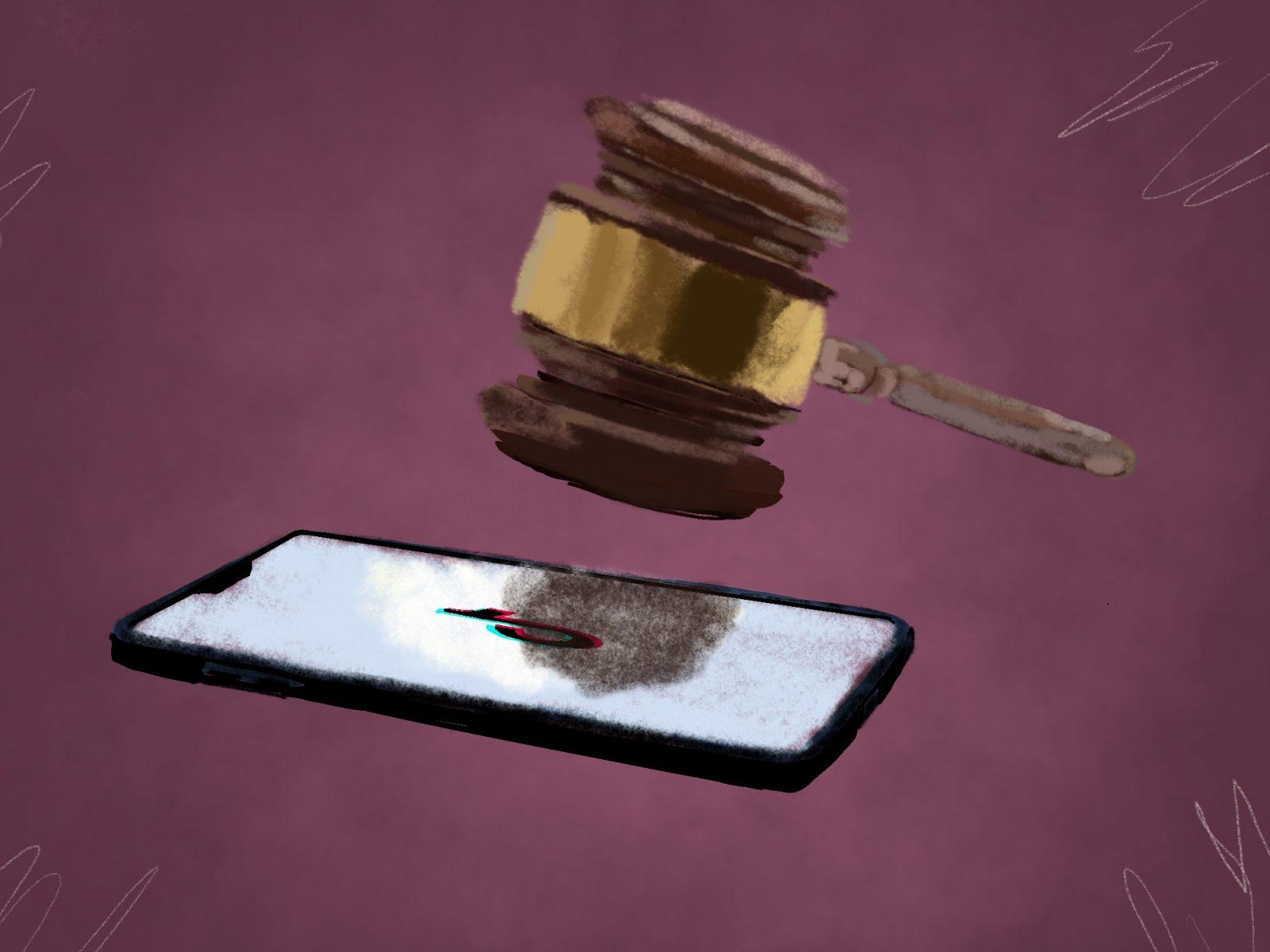You might not remember where you were on Feb. 6, 2023, but I do.
I was in my dorm room without access to the CBS live stream of the Grammys, watching the results pour in on The New York Times live updates page and on X, then known as Twitter.
There are few times in my life where I have felt genuine, full body shock, but I felt it that night when Harry Styles’ “Harry’s House” was named the winner of the “Album of the Year,” defeating Beyonce’s year-defining “Renaissance.”

The New York Times recently described that decision as “risible.” I have a few other choice words, but I don’t think they can be printed here.
That choice was nothing new. The Grammys have been pulling those moves for years, snubbing deserving artists in favor of safer, arguably less interesting choices. More specifically, they’ve been screwing over Beyonce — perhaps the most innovative pop star of our time — since she became a solo artist.
Some may argue with me on this, and that’s justified — Beyonce is, after all, the most nominated and awarded artist in Grammys history, with 99 nominations and 35 trophies.
But before Sunday night, none of those victories came from the most celebrated category of the evening, and the one that has eluded Beyonce for her entire career: “Album of the Year.”
It’s been a long battle to get here. Before the “Harry’s House” disaster, there was “Lemonade,” which was snubbed in favor of Adele’s “25” — an award even Adele felt she shouldn’t have received.
Before that, there was the dumbfounding year in which Beck’s “Morning Phase” beat Beyonce’s self-titled album. Even before that, Taylor Swift’s original “Fearless” won over “I am…Sasha Fierce” in 2010.
I’m not trying to degrade any of the artists Beyonce lost to — for the most part, I actually like their music, and I suppose I can understand the justification behind each of their wins.
But the Grammys are still recovering from years of controversy, chief among them their seeming inability to recognize the diverse range of artists that dominate the popular music scene. Beyonce, one of the central figures in the popular music scene for over a decade, has been overlooked in this category time and time again, which perfectly encapsulates these issues.
It should be mentioned that only three other Black women have been awarded “Album of the Year” in the show’s history — Natalie Cole, Whitney Houston and Lauryn Hill, the last of which was over 26 years ago. Considering that Black women have been at the forefront of popular music for decades now, this statistic is pathetic. It’s not even a question of who is most deserving — it just doesn’t make any sense.
In that span of time — and well before 1992, when Cole first won — albums from generational artists like Sade, Solange, Aretha Franklin, Dionne Warwick, Chaka Khan and countless others have populated the mainstream.
Their music has shaped the cultural zeitgeist for years, and although they’ve been recognized with other Grammy awards, shutting them out from the highest level of recognition feels like an intentional oversight.
A win for “Cowboy Carter” is more than recognition for Beyonce — it acknowledges that Black female artists are a driving force in our worldwide music scene. It also rewards Beyonce’s ability to defy the restrictions of genre with impeccable style and explore the roots of American music, a risk fewer and fewer musicians are willing to take.
I can’t say that “Cowboy Carter” is my favorite of Beyonce’s albums. After listening to “Renaissance” and “Lemonade,” it’s impossible to put nearly any record from the past 20 years on the same tier.
But it’s fun to watch the Grammys and witness the tides slowly shifting in real time.































































































































